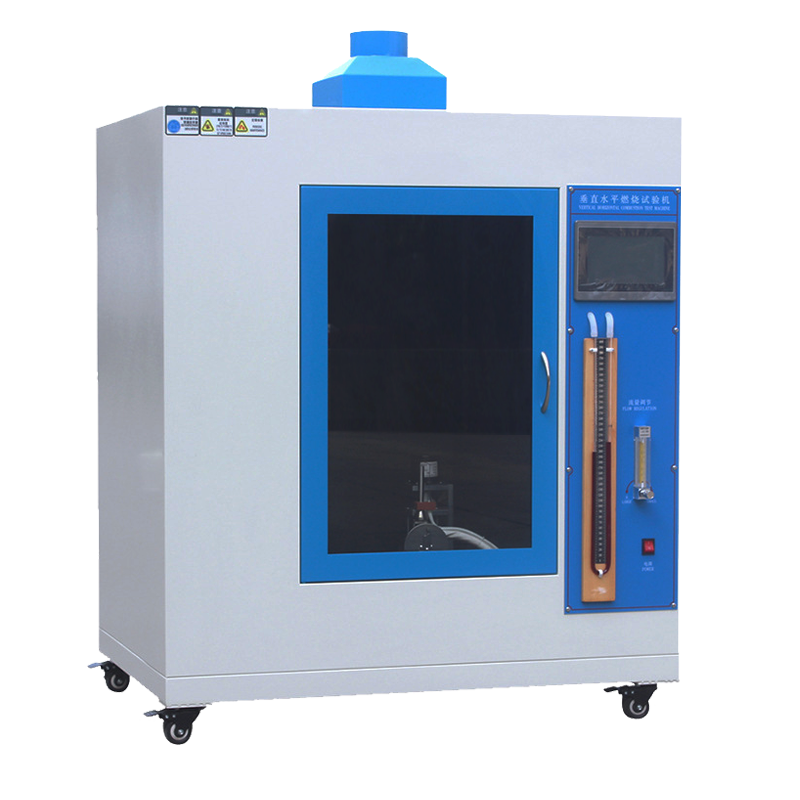
Combustion calorific value testing machine
133005.0 INR/Unit
Product Details:
- Interface Type RS232 or USB
- Automation Grade Semi-automatic
- Number of Specimens 1 at a time
- Resolution 1 J
- Mounting Type Benchtop
- Gas Pressure 0.1~0.2 MPa
- Display Type Digital LED Display
- Click to view more
X
Combustion calorific value testing machine Price And Quantity
- 133005.0 INR/Unit
- 1 Unit
- Stainless Steel 304
- 10 litres
- Dust free, vibration free environment
- Overpressure release valve, fuse protection
- Electronic Ignition
- Benzoic acid standard
- Nickel crucible included
- Magnetic stirrer
- ASTM D240, IS 1350, ISO 1928
- 3 MPa
Combustion calorific value testing machine Product Specifications
- Semi-automatic
- RS232 or USB
- Approx. 30 ml bomb volume
- 1 J
- 1 at a time
- Benchtop
- 0.1~0.2 MPa
- 50 mm
- Digital LED Display
- 30 seconds
- Approx. 70 kg
- Standard 10x10x50 mm or as per requirement
- Calorific Value Measurement
- Determination of calorific value of solid and liquid fuels
- 440 mm
- Energy auto-calculation, auto water temperature adjustment, easy operation
- AC 220V 10% / 50Hz
- 300 mm
- 0~40,000 J/g
- Digital Display and Manual Controls
- Adjustable, typically 1-100 mm/min
- 0.2%
- Up to 40,000 J/g
- 220V
- Combustion Calorific Value Testing Machine
- 1/4 inch NPT
- Room Temperature (15C~35C)
- Relative Humidity 85%
- 50Hz
- Stainless Steel 304
- 10 litres
- Dust free, vibration free environment
- Overpressure release valve, fuse protection
- Electronic Ignition
- Benzoic acid standard
- Nickel crucible included
- Magnetic stirrer
- ASTM D240, IS 1350, ISO 1928
- 3 MPa
Combustion calorific value testing machine Trade Information
- Cash in Advance (CID)
- 100 Unit Per Month
- 5 Days
- All India
Product Description
STANDARD FEATURES
| Burning Chamber Capacity | 0.75m with glass observation door |
| Burning Angle | 20 , 45 , 90 (ie 0 ) adjustable |
| Flame Time | 0 ~ 99 minutes 99 seconds can be set |
| After Flame Time | 0 ~ 99 minutes 99 seconds can be set |
| After Glow Time | 0 ~ 99 minutes 99 seconds can be set |
|
Burner Dimensions | The inner diameter of the nozzle is 9.50.3mm, the effective length of the nozzle is 10010mm, and there is an air adjustment hole |
| Combustion Gas | LPG gas (Customize) |
| Flame Height | Adjustable from 20mm to 175mm as standard |
|
Features | It is also equipped with lighting device, air extraction device, gas flow regulating valve, gas pressure gauge, gas pressure regulating valve, gas flow meter, gas U-shaped pressure gauge and sample fixture |
| Power | AC 220v 50HZ |
Combustion calorific value tester is a precision instrument used to determine the heat released during the combustion of substances. It is widely used in many fields such as coal, petroleum, chemical, food, wood, building materials, explosives and so on. The following is a detailed introduction to the combustion calorific value tester:
I. Main Uses
1.
Determination of calorific value of combustion: It is used to determine the calorific value of combustion of solid, liquid and gaseous fuels, including high calorific value (gross calorific value) and low calorific value (net calorific value).
2.
Quality control: In industrial production, it is used for quality control of raw materials and finished products to ensure that the products meet the calorific value standard.
3.
Scientific research and development: in scientific research organizations, it is used for the development and research of new materials and new fuels.
II. Working Principle
Combustion calorific value testing machine mainly adopts oxygen bomb calorimetry. The basic principle is to burn a certain amount of specimen completely in a closed container (oxygen bomb) filled with oxygen, the heat generated by combustion is absorbed through water, and the combustion calorific value of the specimen is calculated according to the increase of water temperature.
The specific steps are as follows:
1.Sample preparation: The sample to be measured is weighed and put into the oxygen bomb.
2.Oxygen charging: Charge the oxygen bomb with high pressure oxygen to ensure that the sample is burned in an oxygen-rich environment.
3.Combustion: The sample is ignited by an electric ignition device and the sample is completely burned in the oxygen bomb.
4.Heat transfer: the heat generated by combustion is transferred to the surrounding water through the oxygen bomb, and the water temperature rises.
5.Temperature Measurement: The elevated value of the water temperature is measured by means of a high-precision temperature sensor.
6.Calculation of calorific value: The calorific value of combustion of the specimen is calculated according to the elevated value of water temperature and the heat capacity of the instrument.
Instrument Features
1.HIGH ACCURACY: Adopting high-precision temperature sensor and advanced electronic technology to ensure the accuracy of the measurement results.
2.High degree of automation: the instrument is usually equipped with automatic ignition, automatic oxygen filling, automatic emptying and other functions, easy to operate.
3.High safety: the oxygen bomb is designed with safety valve and explosion-proof device to ensure safe operation.
4.Strong data processing ability: built-in microprocessor, can automatically carry out data processing and result calculation, and can be connected to computer for data storage and analysis.
5.Wide range of application: applicable to the determination of combustion calorific value of various solid, liquid and gas fuels.
Application fields
1.Coal industry: used for calorific value determination and quality control of coal.
2.Petrochemical industry: for calorific value determination of petroleum products, plastics, rubber and other materials.
3.Food industry: for calorific value determination of food, feed and other products.
4.Building materials industry: used for the determination of calorific value of wood, paper, building materials and other materials.
5.Scientific research institutions: for the development and research of new materials and new fuels.
Precautions
1.Safe operation: safety regulations should be strictly observed during operation to avoid dangerous situations such as oxygen bomb explosion.
2.Sample preparation: the sample should be uniform and dry to avoid impurities and moisture affecting the measurement results.
3.Environmental conditions: the instrument should be placed in an environment with suitable temperature and humidity to avoid environmental factors affecting the measurement accuracy.
4.Regular calibration: The instrument should be calibrated regularly to ensure the accuracy of the measurement results.
Advanced Safety and Reliability
This testing machine is designed with rigorous safety features, including overpressure release valves and fuse protection, ensuring safe operation during calorific value assessments. The Stainless Steel 304 construction and nickel crucible provide durability even under high-pressure conditions, adhering strictly to international compliance standards.
Precision Testing for Fuels
The machine offers accurate calorific value measurement across a broad range (0~40,000 J/g) with 0.2% accuracy and 1 J resolution. Its semi-automatic operation and digital LED display allow for efficient data monitoring, while sample calibration using high-purity benzoic acid ensures repeatable and precise results for solid and liquid fuel analysis.
User-Friendly Operation and Versatile Application
Featuring a magnetic stirrer, electronic ignition, and auto-adjustment of water temperature, this benchtop calorimeter is designed for easy usage in dust and vibration-free environments. With digital and manual controls, it accommodates standard 10x10x50 mm fuel specimens and supports USB or RS232 interface for streamlined data transfer.
FAQs of Combustion calorific value testing machine:
Q: How is calibration performed on the combustion calorific value testing machine?
A: Calibration is done using a benzoic acid standard, which ensures consistent and reproducible measurement accuracy for calorific value determinations.Q: What safety measures are in place during the calorific value testing process?
A: The equipment incorporates overpressure release valves and fuse protection to prevent accidents, providing a secure testing environment even at high gas pressures up to 3 MPa.Q: When should the machine be operated for optimal performance?
A: For accurate results, operate the machine in a dust-free, vibration-free environment within ambient room temperatures of 15C to 35C and relative humidity not exceeding 85%.Q: Where is this equipment most commonly used?
A: This testing machine is primarily utilized in fuel testing laboratories, research facilities, manufacturing plants, and quality control departments for determining the calorific value of fuels.Q: What is the typical process for using the machine to analyze fuel samples?
A: A fuel specimen is placed in the nickel crucible within the stainless steel bomb. After oxygen filling at up to 3 MPa and sealing, the sample is ignited electronically. Heat release is measured through auto-calculated energy output, with results displayed digitally.Q: How does the digital control mode benefit the user?
A: The digital display facilitates easy monitoring of both test parameters and results, while manual controls allow for flexible adjustments to test speed and stroke length, enhancing usability and convenience.Q: What types and sizes of specimens can the machine accommodate?
A: It supports one specimen at a time, with a standard size of 10x10x50 mm or custom dimensions as required, making it versatile for various solid and liquid fuel types.Tell us about your requirement

Price:
Quantity
Select Unit
- 50
- 100
- 200
- 250
- 500
- 1000+
Additional detail
Mobile number
Email



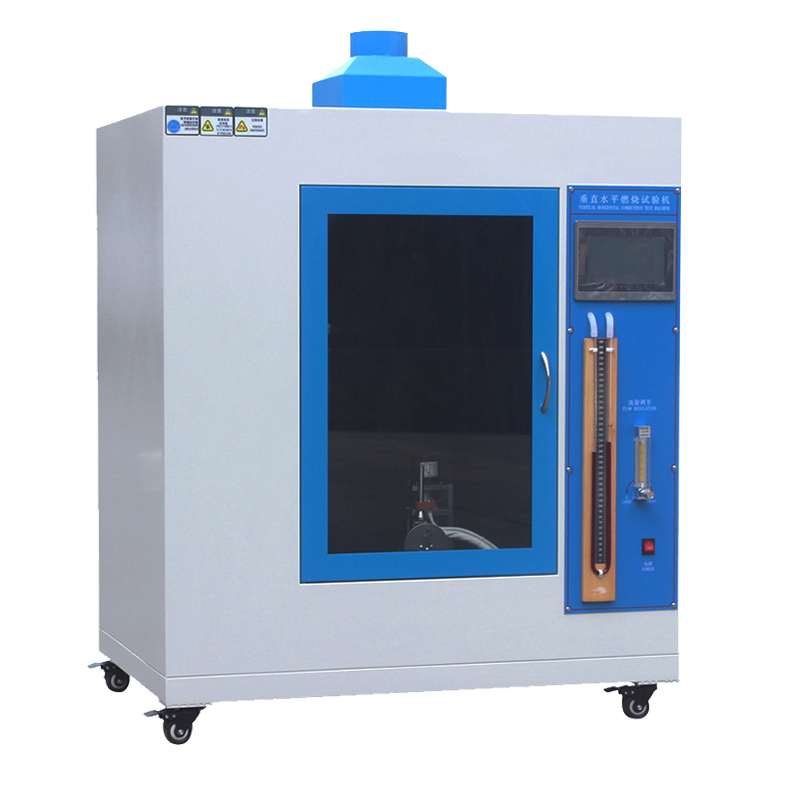
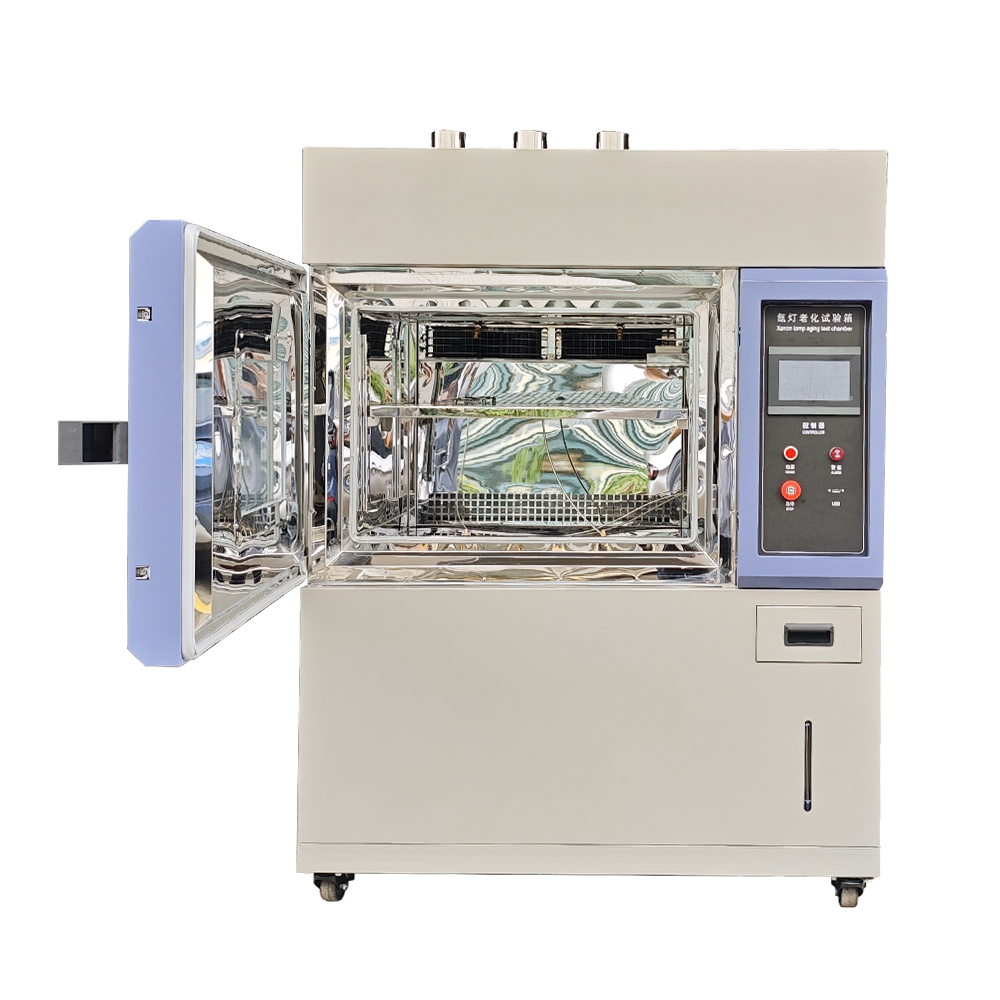
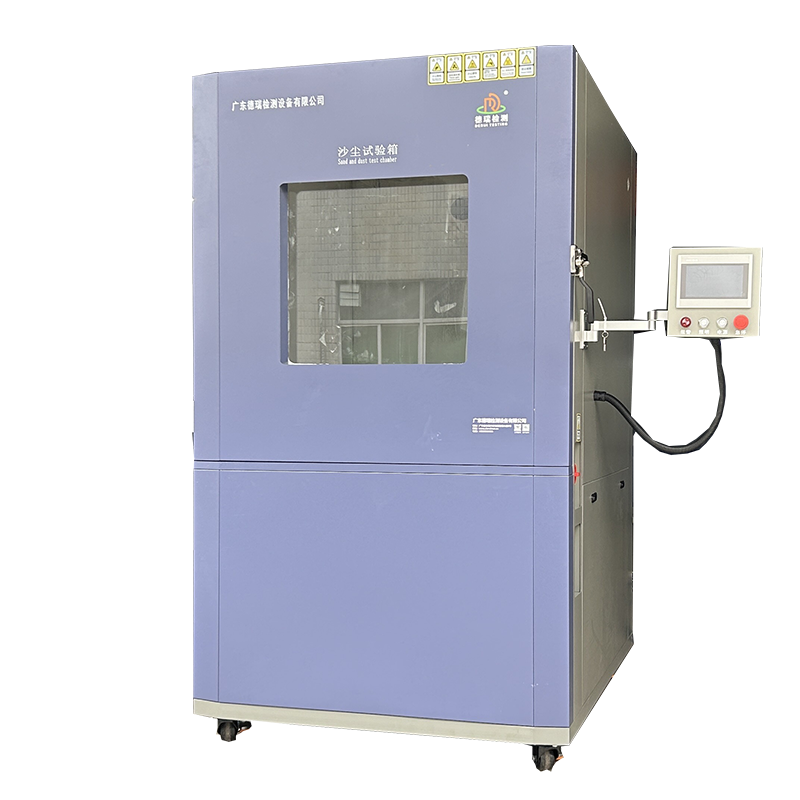
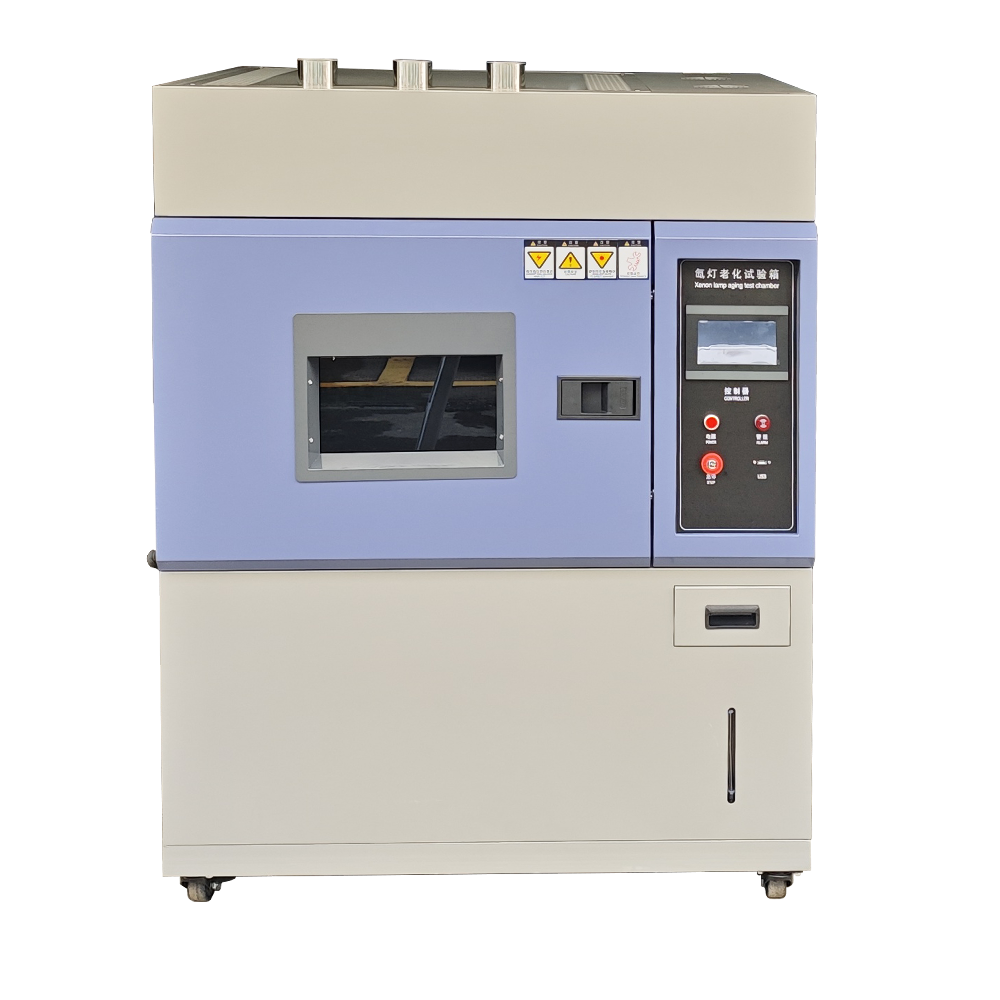

 English
English Spanish
Spanish French
French German
German Italian
Italian Chinese (Simplified)
Chinese (Simplified) Japanese
Japanese Korean
Korean Arabic
Arabic Portuguese
Portuguese